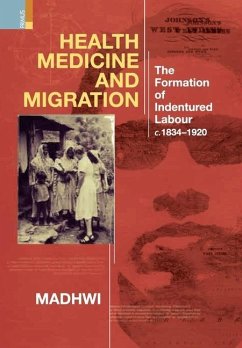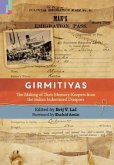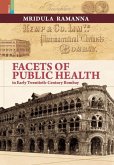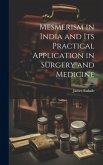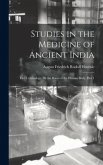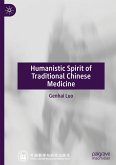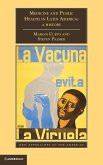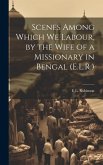Exploring the links between medicine and migration, Health, Medicine and Migration: The Formation of Indentured Labour, c.1834-1920 examines the ways in which medical knowledge, practice, and policies circulated between colonial India, thesource of indentured labourers, and the colonies to which they were transported as coolies. It argues that Western science, which itself was a product of modernity and the Enlightenment, acted as an instrument of social and cultural control over the migrants, and worked on the basis of racial categorizations of inferiority and superiority. The understanding of tropical diseases was shaped by a very biased Western perception of the hotter regions of the Southern Hemisphere. The indentured body was seen as the reservoir of diseases, which it had acquired from its unhealthy surroundings in India, and which were later carried overseas by it. The world of medical science and technology helped in the legitimatization and regularization of their body in the plantations. Engaging with the various spaces of the coolie world, depot, voyages, quarantine, and plantations, through a medical lens, this volume visualizes the body of labouring masses and the basic qualities of a 'healthy body' defined on these spaces. The shifting role of Western medicine from 'making labour to disabling labour', from 'masculine to feminine', and from 'valid to invalid' is also explored. Based on primary sources, this book will interest scholars, researchers and students of modern Indian history and social history of medicine, as well as the interested reader of migration history.

